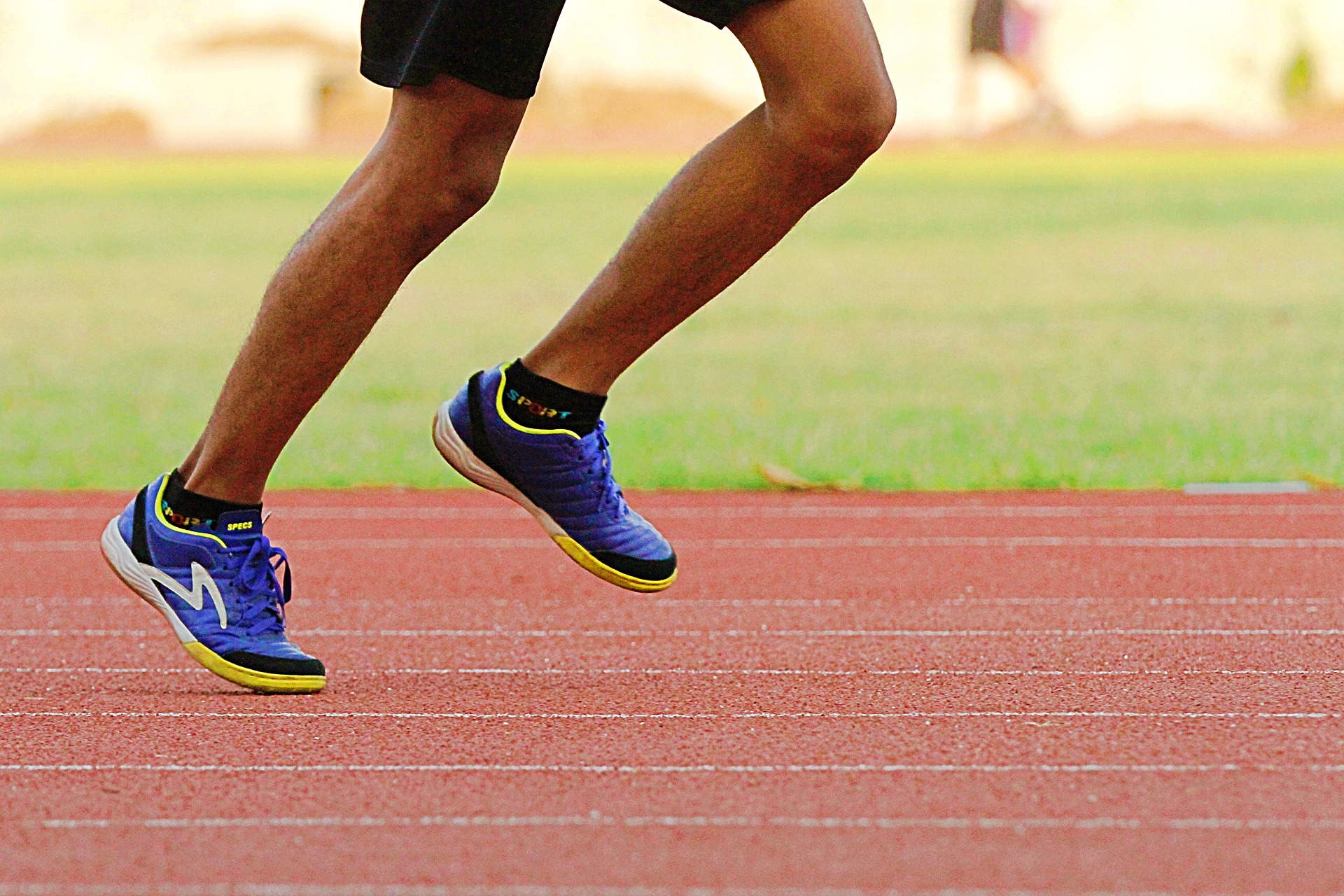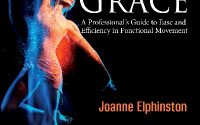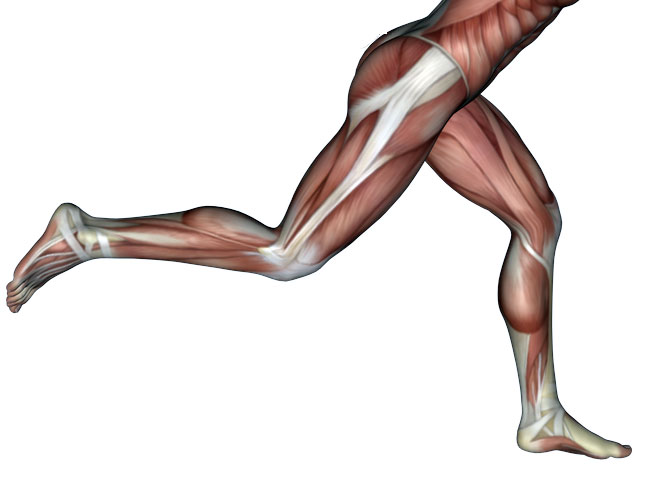Does Massage enhance performance and help athletes recover?
That is a million-dollar question.
Undoubtedly, massage therapy is very popular among athletes. A 2013 review of soccer recovery strategies found that 78% of French professional teams utilized massage therapy to help athletes recover. During the 2018 FIFA World Cup, France’s national football team played 7 soccer matches in 30 days. Big-name players stressed the importance of rest between games and the need for improved muscle recovery methods. Could massage be the best treatment?
Recently two articles tried to answer these questions.
The first article published in The Oschner Journal by researchers from Sports Medicine in the USA looked into the literature to indicate if there is evidence of massage helps in athletes recovery.
The second article published in BMC Open Sport and Exercise Medicine by researchers from University of Sheffield in UK looked into the effect of massage on athletes performance and recovery.
Some of the reviews found that:
- A 2008 systematic review by Best et al. evaluated 27 studies. They showed that 4 of the 7 studies evaluated demonstrated massage-associated relief from DOMS symptoms. 10 randomized controlled trials showed “moderate evidence” that massage may be effective in muscle recovery. No adverse effects from massage therapy were reported in 27 studies included in the review.
- A 2013 review of soccer players’ recovery strategies by Nédélec et al. found a lack of scientific evidence to support the use of massage therapy during recovery. They further cautioned that “It should not be excluded that massage of injured tissue may lead to further damage in muscle if given immediately after a training session that induced muscle damage.”
- A 2016 study by Nunes et al. evaluated massage in Ironman athletes. The study found that massage therapy was more effective than no intervention on the post-race recovery from pain and perceived fatigue in long-distance triathlon athletes.
- A 2016 review by Popendick concluded that the effects of massage on performance recovery are rather small and partly unclear, but can be relevant in short-term recovery after intensive training.
- Massage therapy provides positive psychological benefits to athletes. In 1988, Weinberg et al. concluded that massage significantly decreased levels of tension, confusion, fatigue, anxiety, and depression in university students in physical education classes compared to controls.
The 2020 review from Sheffield, UK looked at 29 studies, which in total sum to 1012 participants. They found no evidence that massage improves measures of strength, jump, sprint, endurance or fatigue. However, massage was associated with small but statistically significant improvements in flexibility and DOMS.
The US authors concluded that current literature provides little evidence supporting the use of massage for physiologic muscle recovery. However, the evidence does support the use of massage for positive psychological effects.
They added that if an intervention makes an athlete feel better after exercise, that is a positive, evidence-based outcome. However, they warned that the danger is when an intervention is sold as having positive microscopic or macroscopic physiologic outcomes when it has not been proven.
http://www.ochsnerjournal.org/content/20/2/121/tab-article-info


